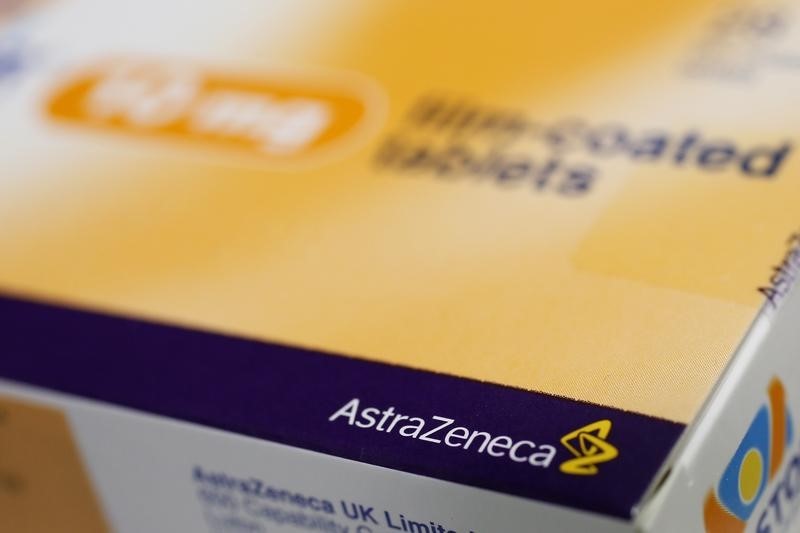Bill Gross warns on gold momentum as regional bank stocks tumble
LONDON - AstraZeneca PLC (LSE:AZN) and Daiichi Sankyo’s cancer drug Enhertu demonstrated a "highly statistically significant and clinically meaningful improvement" in invasive disease-free survival compared to T-DM1 in patients with high-risk HER2-positive early breast cancer, according to results from the Phase III DESTINY-Breast05 trial.
The trial evaluated patients with residual invasive disease in the breast or axillary lymph nodes following neoadjuvant treatment who were at high risk of recurrence. Overall survival data was not mature at the time of this planned interim analysis and will be assessed later.
This marks the second positive Phase III trial for Enhertu in early breast cancer this year, following earlier positive results from the DESTINY-Breast11 neoadjuvant trial. The safety profile observed in the study was consistent with Enhertu’s known profile with no new safety concerns identified.
Approximately half of patients with HER2-positive early breast cancer have residual disease following neoadjuvant treatment, putting them at increased risk of recurrence despite additional treatment with current standards of care.
"This landmark trial is the first to directly compare Enhertu and T-DM1 in early breast cancer, and the results clearly show that Enhertu delivers superior outcomes," said Susan Galbraith, Executive Vice President, Oncology Haematology R&D at AstraZeneca.
Data from both DESTINY-Breast05 and DESTINY-Breast11 will be presented at the European Society for Medical Oncology Congress on October 18, 2025. The company stated that the DESTINY-Breast05 data will be shared with global regulatory authorities.
The trial was conducted in collaboration with several research organizations including the National Surgical Adjuvant Breast and Bowel Project Foundation, the German Breast Group, Arbeitsgemeinschaft Gynäkologische Onkologie, and SOLTI Breast Cancer Research Group.
Enhertu is a HER2-directed antibody drug conjugate discovered by Daiichi Sankyo and jointly developed and commercialized by both companies.
This article was generated with the support of AI and reviewed by an editor. For more information see our T&C.
